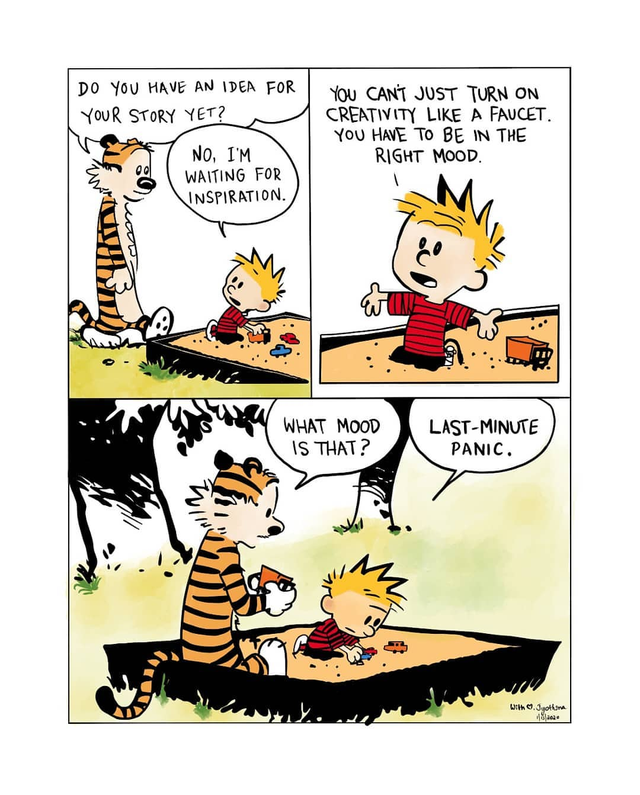CS Research 101 | Shashank Srikant
CS Research 101
A Short Course
— Shashank Srikant
Teaching Plan
Course materials also available from here.
| Topics | Resources |
|---|---|
| Day 1: Motivation::Module 1 - Why research? | [Notes], [Survey], [Youtube], [Slides] |
| Day 2: Motivation::Module 2 - The fundamentals | [Notes], [Reading: Taking initative], [Youtube], [Slides] |
| Day 3: Mechanics::Module 3 - Skills 1 | [Notes], [Reading: Working with a professor], [Youtube], [Slides] |
| Day 4: Mechanics::Module 4 - Skills 2 | [Notes], [Reading: Writing emails], [Youtube], [Slides] |
| Day 5: Begin journey::Module 5 - Next steps | [Notes], [Reading: CS PhD application FAQs], [Youtube], [Slides] |
| Day 5: Begin journey::Module 6 - Resources | [Notes] |
Homework
Share the URL to your webpage.
If you do not have a webpage, make a simple one on Github pages. Let the page just have your name: there’s no need to fill it with any content. See the corresponding course webpage for relevant resources to get started with Github pages.
Mention the names and web URLs of 3 professors in India who you think do interesting work. Importantly, for each professor you list, mention in 1-2 sentences why you selected them. This may be informed by your romantic notion of interests in a few areas of CS – that’s okay.
Pick one paper authored by any one professor you listed in (2) that they have published in the last five years. What area of computer science is this paper from?
Where was this paper published? Mention the venue and year.
Read the abstract of this paper and describe in 3-4 sentences your understanding of what the paper achieves. You do not have to read the whole paper. Attempt to just understand broadly what the paper achieves.
Ask one question about this paper. This may have been answered in the paper—you do not have to read and understand the whole paper to see if they have already answered it. We want you to demonstrate that you have thought about the content of the paper.
Use CS Rankings to find out the top publishing venues in the area the paper you read belongs to (e.g. databases, machine vision, etc.).
Using CS Rankings, find out the best venues in the following fields of computer science:
- Computer architecture
- Human-computer interface
- Graphics and computational geometry
- Computing education
See this section in Module 6 of our course webpage for a list of popular areas in computer science.
For each area listed, we also document a researcher’s journey who specializes in that area.
Write out an email to this professor expressing an interest in working on a project related to this paper. Do not send this email to the professor. Just share the draft of this email with us. You can assume you have already done 1-2 relevant projects and courses even if you haven’t–it’s fine to reference these fictitious experiences in your email to make a case for yourself.
Submit your responses here.

